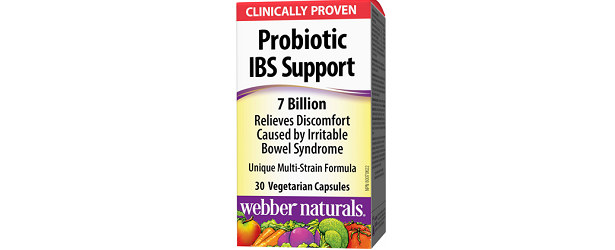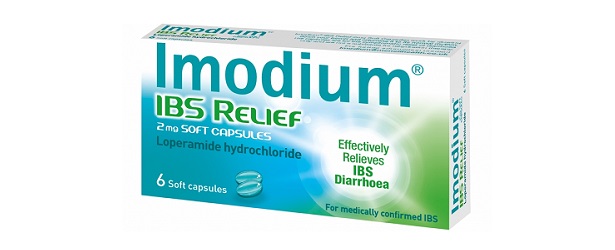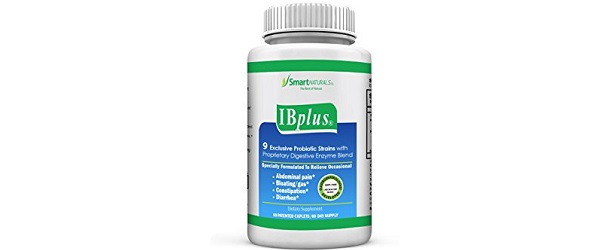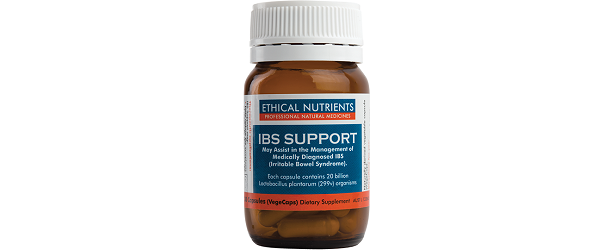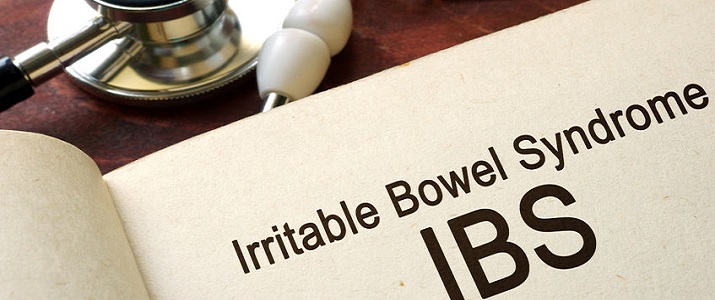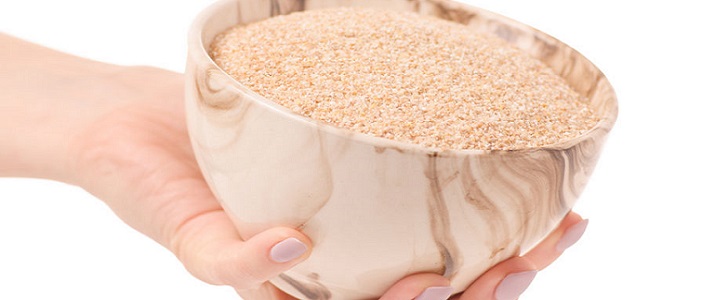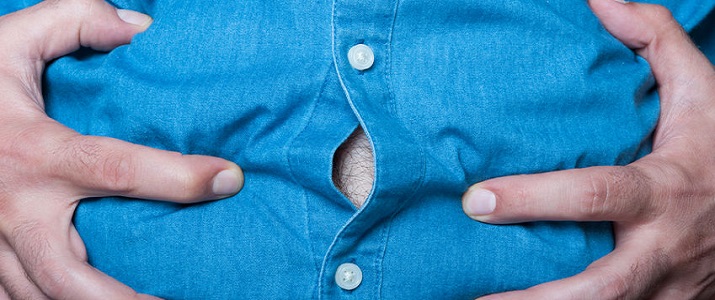Webber Naturals offers a product known as Probiotic IBS Support. The product is specifically designed to restore the balance of the natural bacteria in the intestine which is often a major contributor to the onset of Irritable Bowel Syndrome (IBS).
Ingredients
This probiotic contains 4 strains of clinically tested bacteria:
- Lactobacillus helveticus
- Lactobacillus rhamnosus
- Bacillus subtilis
- Enterococcus faecium
Lactobacillus, as the name suggests is very useful in the metabolism of lactose. Lactose has quite a complex chemical structure and many people have decreased or no lactose metabolism ability. For people who suffer with IBS, lactose can be a factor which contributes to the onset of symptoms, so the presence of a bacterium which can break it down will help to ward them off.
Bacillus subtilis secretes a large amount of the enzyme known as amylase. Amylase breaks down complex starch carbohydrates which require a lot of energy to metabolize which otherwise could put stress on the intestine.
Enterococcus faecium is a point of major research recently. Recent research has found that it can play a role in minimizing the number of detrimental bacteria in the intestine and so improve the proportions of the beneficial bacteria which should improve digestion.
Dosage
One capsule of this probiotic must be taken each day. For the best results, the capsule should be taken with a meal. Each capsule contains at least 7 billion total colony forming units.
Possible Side Effects
There are no side effects which have been reported with the use of this product but it is not recommended for use by any children under 12 years old. If any adverse side effects occur, especially those which are similar to the symptoms of food poisoning, the use of this product must be stopped immediately.
Price
Webber Naturals Probiotic IBS Support is available for purchase through third-party websites for a price of $28.99 excluding shipping and taxes. Each container holds 30 capsules which equates to about a month supply of the probiotic. Despite the fact that this product is intended for use in the long-term, no discount appears to be offered for buying in bulk.
Guarantee
The bacteria used in this probiotic are strictly tested for quality control, according to the manufacturer but they do not offer a money-back guarantee if the customer is not satisfied with their results.
Our Webber Naturals Probiotic IBS Support Review – Conclusion
We appreciate that this manufacturer is specific about the bacteria that they include in their probiotic supplement as well as the amount of each which is present. Although certain bacteria are beneficial in the role of digestion, simply increasing their numbers may not be enough. Many other probiotics on the market contain ingredients which support the life cycle of these bacteria as well as ingredients which make the metabolism of the nutrients in the intestine easier.
We believe the price of this product to be fair but an important consideration is that this manufacturer does not offer a guarantee, so there is a risk when purchasing this product. We have observed similar products which offer more ingredients at a similar price and they are backed by a guarantee and we recommend looking at some of these products instead.
Click here to learn about our Top IBS Products.

 Subscribe Now
Subscribe Now